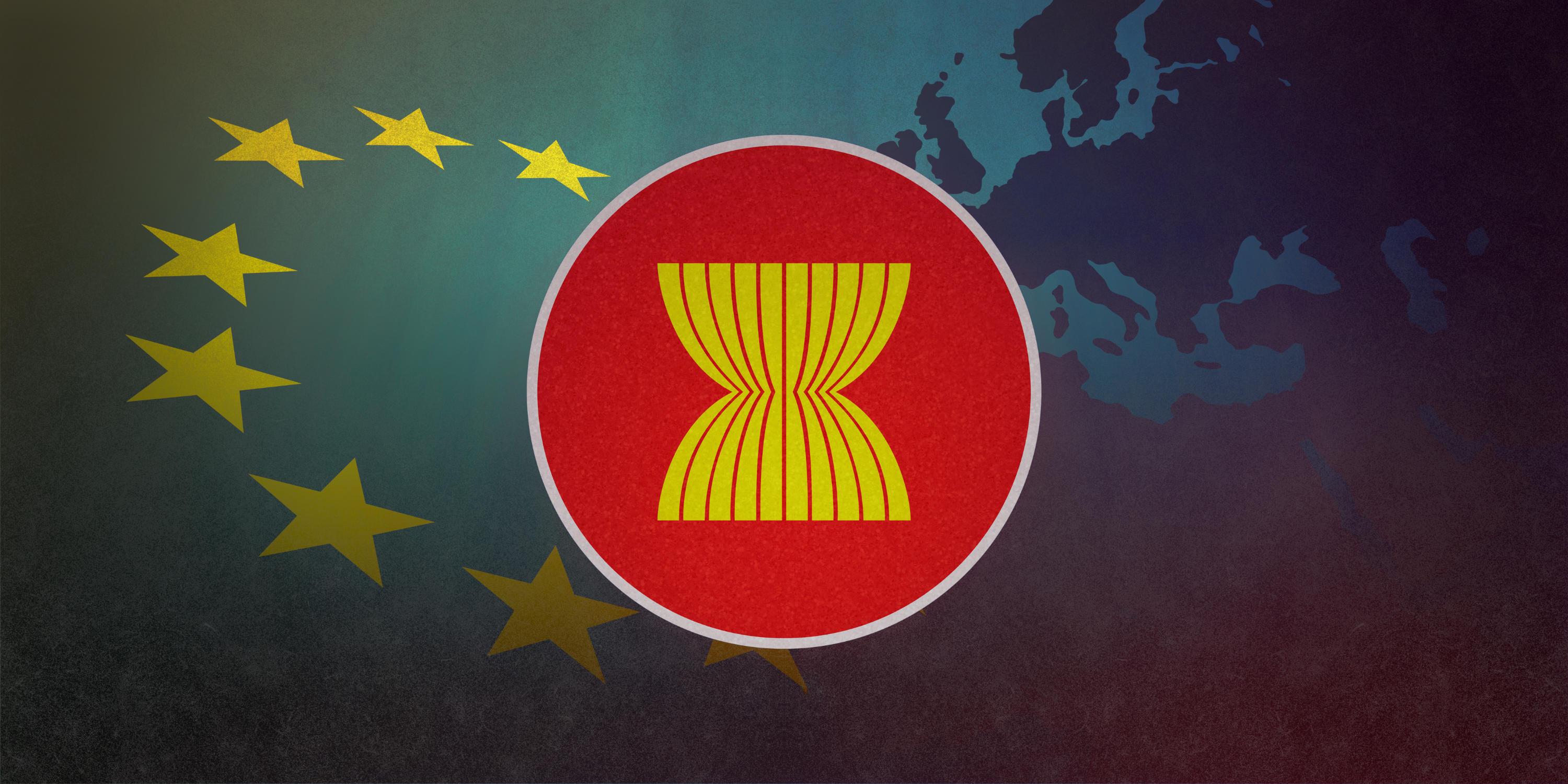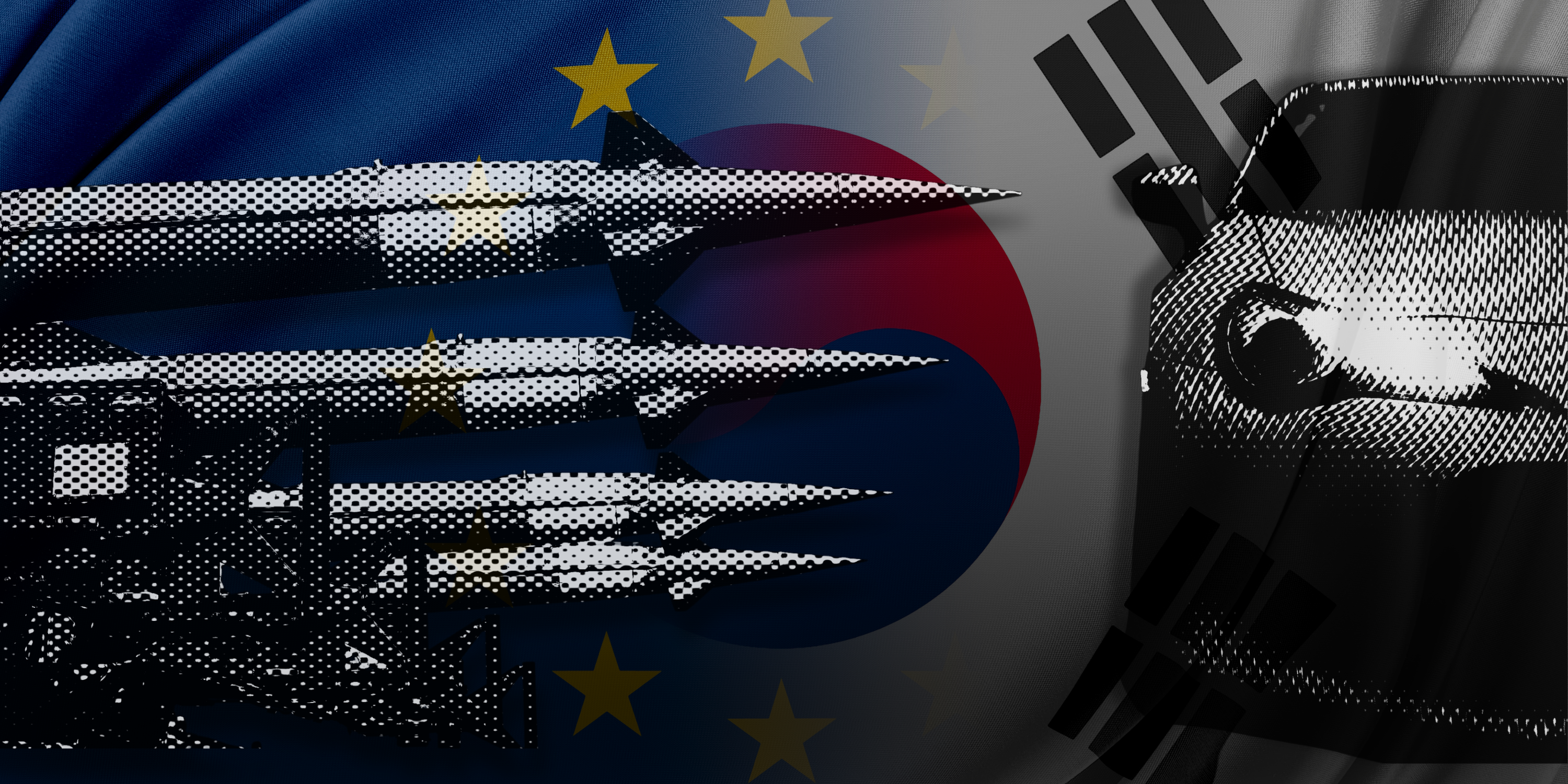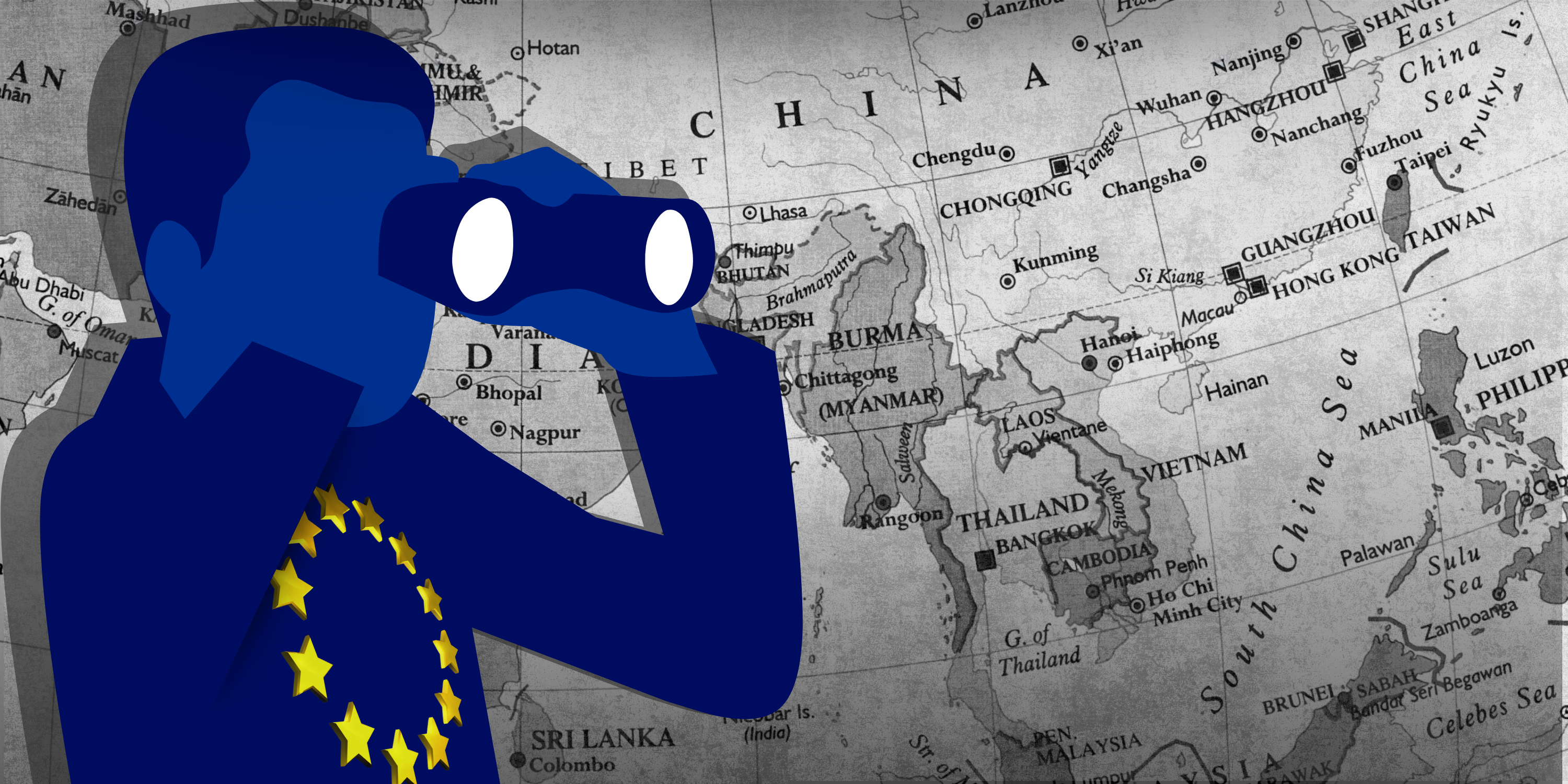As authoritarianism rises, the EU and ASEAN face mounting challenges in maintaining unity and upholding fundamental values amidst internal discord and external pressures.
Key takeaways:
-
Hungary’s defiance of EU law, particularly in areas of human rights and democratic governance, has created significant tension within the EU, undermining its unity and forcing the bloc to consider stronger measures to enforce compliance.
-
Myanmar’s military junta continues to ignore ASEAN’s “5-Point Consensus,” escalating the country’s civil war and raising questions about ASEAN’s ability to influence member states without violating its principle of non-interference.
-
The EU and ASEAN must implement stronger punitive measures to address breaches of core values by their member states, leveraging multilateralism and cooperation to maintain regional integration and uphold democratic principles.
The rise of authoritarian regimes worldwide, now outnumbering democracies, poses a significant challenge to the Western-led international order. This evolution also tests multinational intergovernmental organizations like EU and ASEAN, both of which lead efforts in regional integration and economic cooperation. However, ongoing crises—such as Hungary’s opposition to EU military support for Ukraine and Myanmar’s civil war—raise concerns about whether these organizations can withstand the internal strain on their fundamental values.
Hungary and the EU
The continued escalation of the war in Ukraine presents a serious dilemma for the EU. Hungarian Prime Minister Viktor Orban’s July 2024 meeting with Russian President Vladimir Putin, which took place while Hungary held the presidency of the European Council, signals a deliberate attempt to undermine European unity regarding the illegal Russian invasion and casts doubt on the EU’s ability to maintain a unified stance in defense of democratic values.
Since the Fidesz Party’s victory in 2010, Orban’s government has pursued increasingly anti-liberal democratic policies, leading the European Parliament to label Hungary an “electoral autocracy.” Judicial reforms have limited the Constitutional Court’s authority, giving the government near-complete control over legislative and executive powers, with little room for opposition. This stark divergence from the EU’s liberal democratic values has prompted the European Commission to respond with legal measures.
Hungary has been fined €200 million for violating EU law, including human rights standards for asylum seekers, and refuses to comply with migration agreements. This has created a situation where Hungary continues to reap the economic benefits of EU membership while undermining the grouping’s core values, particularly regarding human rights and democracy.
In response, the European Parliament has repeatedly voted to address Hungary’s perceived threat to EU unity, with the European Commission withholding €28 billion in recovery and COVID-19 funds after months of negotiations on the presence of high-level corruption and continued politicization of the rule of law by the Hungarian government. Meanwhile, concerns about Hungary’s ties to Russia have led to fears within the EU and NATO about sharing sensitive intelligence, forcing these organizations to adapt to a member state whose loyalty to Western institutions is in question.
Hungary signed a specific agreement safeguarding its access to Russian oil imports, cementing its dependence on Russian energy, circumventing EU sanctions specifically targeting Russian income and continuing the push to diversify Europe’s energy supply.
This situation presents the EU with a dilemma: either accept Hungary’s growing incompatibility with liberal democratic values or intensify efforts to enforce compliance with European law’s supremacy. The future of European unity may well hinge on how this challenge is addressed.
Myanmar and ASEAN
Since the arrest and prosecution of State Councillor Aung San Suu Kyi in early 2021, Myanmar has plunged into a civil war, with rebel groups now controlling more than half of the country’s territory, pushing the nation to the brink of collapse. In September 2024, the military junta put forward a peace deal with a roadmap for democratic elections, which was overwhelmingly rejected by the National Unity Government, the shadow government, and rebel groups, further deepening the crisis.
ASEAN’s response to the civil war began with the “5-Point Consensus,” aimed at ending violence, promoting negotiations, and arranging an ASEAN delegation visit. However, three years after the junta became a signatory, it has made no effort to comply with the obligations under the deal, leaving ASEAN in a difficult position. Its principle of non-interference constrains ASEAN’s ability to interfere in member states’ internal affairs, even when its core values of cooperation, promoting regional stability and mutual respect are being directly undermined by Myanmar’s military regime.
Amnesty International reports that the Myanmar military has forcibly conscripted Rohingya into its conflict with rebel groups, leading to mounting civilian casualties and the targeting of markets, homes, and critical infrastructure. These atrocities echo the brutal actions of 2017, currently under investigation by the International Criminal Court for crimes against humanity. While ASEAN has taken measures like restricting Myanmar’s political representation at summits and passing its rotating chairmanship to Indonesia, these actions have failed to curb the junta’s military objectives or halt the ongoing human rights abuses.
The conflict raises critical questions about ASEAN’s effectiveness as a regional institution, particularly its ability to influence member states and uphold the principles of its charter without enforcement mechanisms. If member states cannot be trusted to cooperate on regional stability and security, ASEAN’s goal of deeper economic integration across Southeast Asia seems increasingly out of reach.
What needs to be done?
Even if their integration level is significantly different, the EU and ASEAN face similar challenges as individual member states expose weaknesses in the foundations binding these regional organizations. Clashes between fundamental values and inadequate enforcement mechanisms hinder further economic, political, and social integration within both institutions.
Hungary’s continued defiance of EU law, particularly regarding human rights and democratic governance, has fostered distrust and opposition within the EU. For instance, the hosting of bi-annual informal meetings of EU Defence ministers was moved from Budapest to Brussels due to the increasingly oppositional attitude of Hungary’s foreign policy. Meanwhile, Myanmar’s rejection of ASEAN’s 5-Point Consensus has fractured cooperation among the bloc’s nine other members, jeopardizing already tense negotiations on the maritime dispute in the South China Sea and exacerbating the current inability of ASEAN to solve regional defense and security issues. If member states continue to diverge from organizational consensus, the potential for further regional integration could be significantly endangered, making decisive action necessary to ensure the longevity of these institutions.
To safeguard their future, the EU and ASEAN need to implement stronger measures against fundamental breaches of values. For Hungary, the EU should consider broader punitive measures, such as suspending Hungary’s voting rights in the European Council and suspension from the EU Single Market, while simultaneously supporting civil society groups advocating for liberal governance. In Myanmar’s case, while ASEAN’s non-interference principle limits collective action, bilateral pressure from key nations like Thailand, and Indonesia could leverage compliance with ASEAN’s decisions. Moreover, ASEAN should adopt a more open stance in criticizing member states that violate its charter, promoting greater cohesion and transparency in decision-making.
Ultimately, for the EU and ASEAN to withstand continued structural value stress, they must leverage their strengths in multilateralism and cooperation to secure long-term regional integration.







